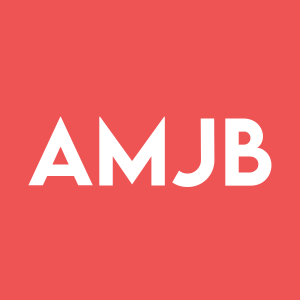[424B2] JPMORGAN CHASE & CO Prospectus Supplement
Rhea-AI Filing Summary
JPMorgan Chase Financial Company LLC is offering structured review notes linked to the lesser performing of the Russell 2000® Index and the EURO STOXX 50® Index, fully and unconditionally guaranteed by JPMorgan Chase & Co. The notes have $1,000 minimum denominations and can be automatically called on scheduled Review Dates starting in May 2026 if each index is at or above its Call Value.
If called, investors receive $1,000 plus a Call Premium Amount that starts at at least 6.00% of $1,000 and steps up over time to at least 60.00% by the final Review Date. If the notes are not called and either index finishes below 75.00% of its Initial Value, repayment of principal is reduced in line with the decline of the lesser performing index, and all principal can be lost. The notes pay no interest, provide no dividends, are unsecured obligations subject to JPMorgan credit risk, may be accelerated after certain legal changes, and have limited liquidity. The estimated value example is $957.00 per $1,000 note, reflecting embedded costs.
Positive
- None.
Negative
- None.
FAQ
What are the JPMorgan AMJB review notes linked to the Russell 2000 and EURO STOXX 50?
The notes are structured investments issued by JPMorgan Chase Financial Company LLC, guaranteed by JPMorgan Chase & Co., that return depends on the performance of the Russell 2000® Index and the EURO STOXX 50® Index. Payments are based on the lesser performing index, not a combined basket.
How does the automatic call feature work on the AMJB review notes?
On each scheduled Review Date starting May 21, 2026, if the closing level of each index is at or above its Call Value (100.00% of its Initial Value), the notes are automatically called. Investors then receive $1,000 per note plus the applicable Call Premium Amount for that date and no further payments.
What is the barrier and how can investors lose principal on these notes?
Each index has a Barrier Amount equal to 75.00% of its Initial Value. If the notes are not called and the Final Value of either index is below its Barrier Amount, the maturity payment is $1,000 plus $1,000 times the Lesser Performing Index Return. In that case, investors lose more than 25.00% of principal and could lose their entire investment.
Do the JPMorgan AMJB notes pay interest or dividends?
No. The notes do not pay periodic interest, and investors do not receive dividends on the stocks in either index or any shareholder rights. Potential return comes only from Call Premium Amounts upon an automatic call or from principal repayment at maturity, subject to index performance.
What is the estimated value versus the price to public for these notes?
If priced on the example date, the estimated value is about $957.00 per $1,000 principal amount note and will not be less than $930.00 per $1,000 when finalized. The difference from the price to public reflects selling commissions, projected hedging profits or losses and hedging costs embedded in the issue price.
What key risks are associated with the JPMorgan AMJB review notes?
Major risks include potential loss of some or all principal if the lesser performing index ends below its Barrier Amount, credit risk of JPMorgan Financial and JPMorgan Chase & Co., lack of interest and dividends, limited or no secondary market liquidity, possible early acceleration after a change-in-law event, and the likelihood that secondary prices will be below the original issue price.
How high can the Call Premium Amounts go on the AMJB notes?
For a $1,000 note, the minimum Call Premium Amounts start at $60.00 (6.00%) on the first Review Date and step up by $30.00 increments on subsequent dates, reaching at least $600.00 (60.00%) if the notes are automatically called on the final Review Date.







